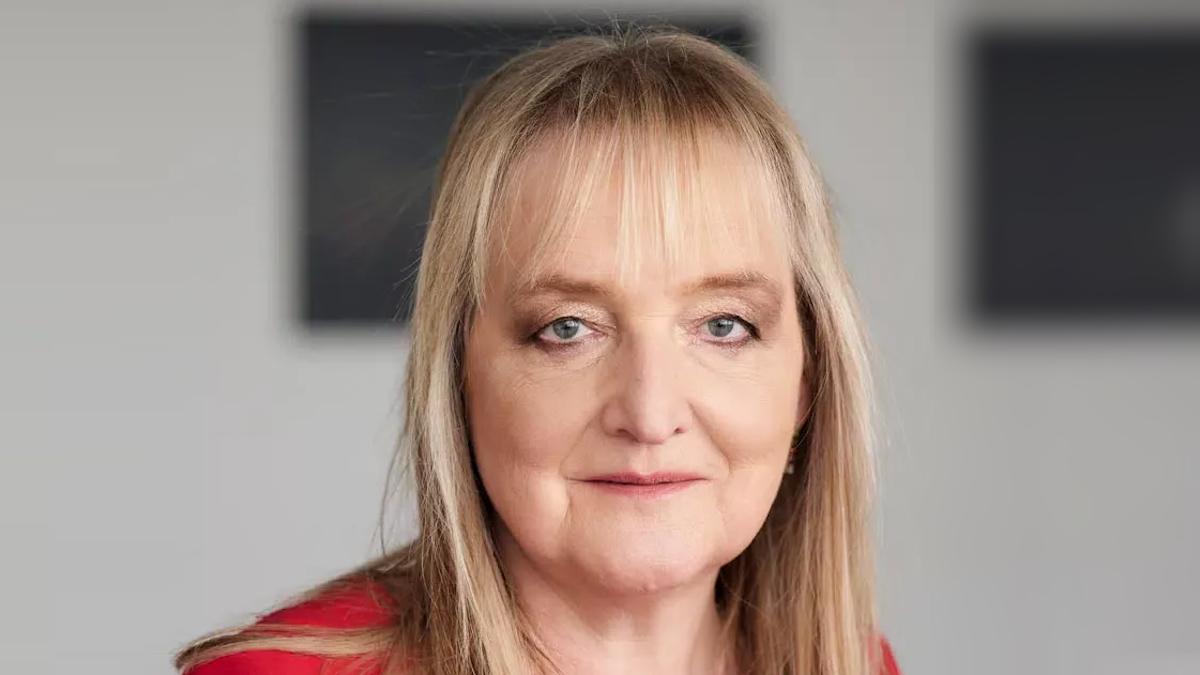MeiraGTx plans to take Parkinson's gene therapy into phase 3

Armed with data from a small phase 1/2 bridging study, MeiraGTx is preparing to take its gene therapy for Parkinson's disease into a pivotal trial.
Shares in the Anglo-US biotech rose sharply after the announcement, which came off the back of new data showing that the AAV-GAD gene therapy met targets for safety and efficacy in the MGT-GAD-025 study.
According to the company, a single administration of AAV-GAD infused into the subthalamic nucleus area of the brain achieved "significant and clinically meaningful improvements from baseline" in clinical scores after six months compared to a sham procedure.
The study was tiny – just five patients received AAV-GAD, while four had the control procedure – but nevertheless provides "a clear path forward in [...] clinical development strategy" and underpins "discussions with regulators in the US, Europe, and Japan with the goal of initiating a Phase 3 study," said MeiraGTx' chief executive, Alexandria Forbes.
The results showed that the gene therapy was safe at all doses tested and, at the highest, achieved a statistically significant 18-point average improvement from baseline in the UPDRS Part 3 'off' medication score, which measures motor function. There was no significant change with a lower dose of AAV-GAD or in the control patients.
There was also an eight-point improvement on the disease-specific, patient-reported quality of life PDQ-39 score, compared to a worsening of 0.2 points with the sham, which was also a significant difference.
Lead investigator Dr Ali Rezai of the Rockefeller Neuroscience Institute at West Virginia University (WVU) described the safety and outcomes data as "excellent" and "very encouraging for both patients and physicians."
Forbes commented that a five to 10-point improvement on UPDRS Part 3 and a two to four-point gain on PDQ-39 are considered clinically meaningful, so the data with AAV-GAD suggests a substantial effect.
According to MeiraGTx, AAV-GAD is designed to reprogramme dysfunctional circuits in the Parkinson's brain through the local production of GABA, a neurotransmitter that can help restore more normal activity to these neurons in any form of the disease.
AAV-GAD has been delivered to 58 patients to date across three independent studies, according to the company, with the latest treatments delivered from a commercial-scale production setup. Patients enrolled in the bridging study will now be followed for five years in an open-label extension.
In August, MeiraGTx raised $50 million in a share offering led by Sanofi, which has partnered with the company on a series of programmes led by a phase 2 candidate for xerostomia (dry mouth), topping up cash reserves to around $100 million. Shares rose almost 15% on the Parkinson's data.
Image by Annick Vanblaere via Pixabay












